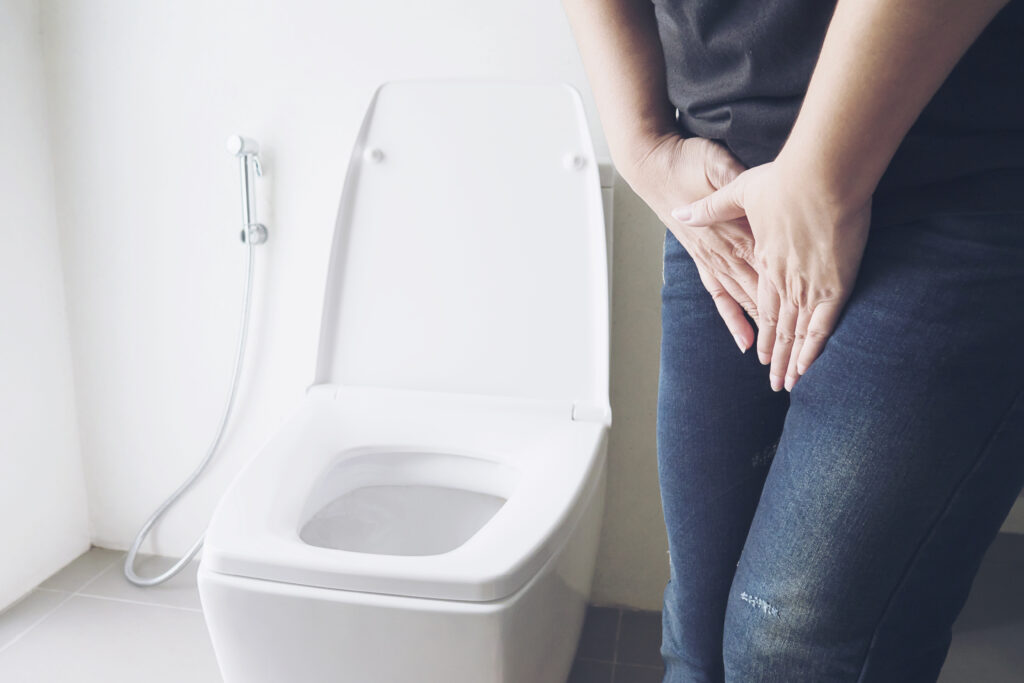Introduction
Chronic UTI is a health problem that affects many people. A chronic urinary tract infection happens when a UTI keeps coming back or lasts a long time. Because of this, it can cause discomfort and worry. In this blog, you will learn about chronic UTI symptoms, causes, diagnosis, treatment options, and how to prevent chronic UTI. This information is based on trusted sources like the CDC and WHO.
What is Chronic UTI?
A chronic UTI is a urinary tract infection that does not go away or keeps returning. Usually, a UTI affects the bladder or urethra. However, chronic UTIs can last for weeks or come back several times in a year. This makes daily life harder. Chronic urinary tract infection is different from a simple UTI because it needs special care and attention.
Symptoms
Chronic UTI symptoms can be mild or severe. Sometimes, they are hard to notice. Yet, knowing the signs can help you get treatment sooner. Common symptoms include:
Sometimes, symptoms go away for a while and then return. If you notice recurrent UTI symptoms, it is important to talk to your doctor.
Causes
There are several reasons why chronic UTIs happen. Most often, bacteria enter the urinary tract and cause infection. However, some people are more likely to get chronic urinary tract infections. Common causes include:
According to the CDC, women are more likely to get UTIs than men. But anyone can develop a chronic UTI.
Diagnosis
Doctors use several steps to diagnose a chronic UTI. First, they ask about your symptoms and health history. Then, they may order tests such as:
Early diagnosis helps prevent problems. Therefore, always tell your doctor if you have recurrent UTI symptoms.
Treatment Options
Chronic UTI treatment depends on the cause and your health. Usually, doctors prescribe antibiotics to kill bacteria. However, if the infection keeps coming back, they may suggest:
Always take your medicine as directed. Do not stop early, even if you feel better. The CDC warns that stopping treatment too soon can make the infection return.
Prevention Tips
There are simple steps you can take to help prevent chronic UTI. Here are some tips on how to prevent chronic UTI:
These habits can lower your risk of infection. But, if you still get frequent UTIs, talk to your doctor.
Lifestyle Guidance
Healthy habits can support your urinary health. For example, eating a balanced diet and staying active can help your body fight infection. In addition, avoid caffeine and alcohol, as they can irritate the bladder. If you smoke, try to quit, since smoking can make symptoms worse. Remember, small changes can make a big difference.
When to See a Doctor
Sometimes, chronic UTI symptoms can be serious. Seek medical help if you have:
Early care can prevent problems. Therefore, do not wait if you feel unwell.
Consult a healthcare professional for personalized advice on chronic UTI.





